Exploring Trusted Crypto Exchanges: A Comprehensive Guide
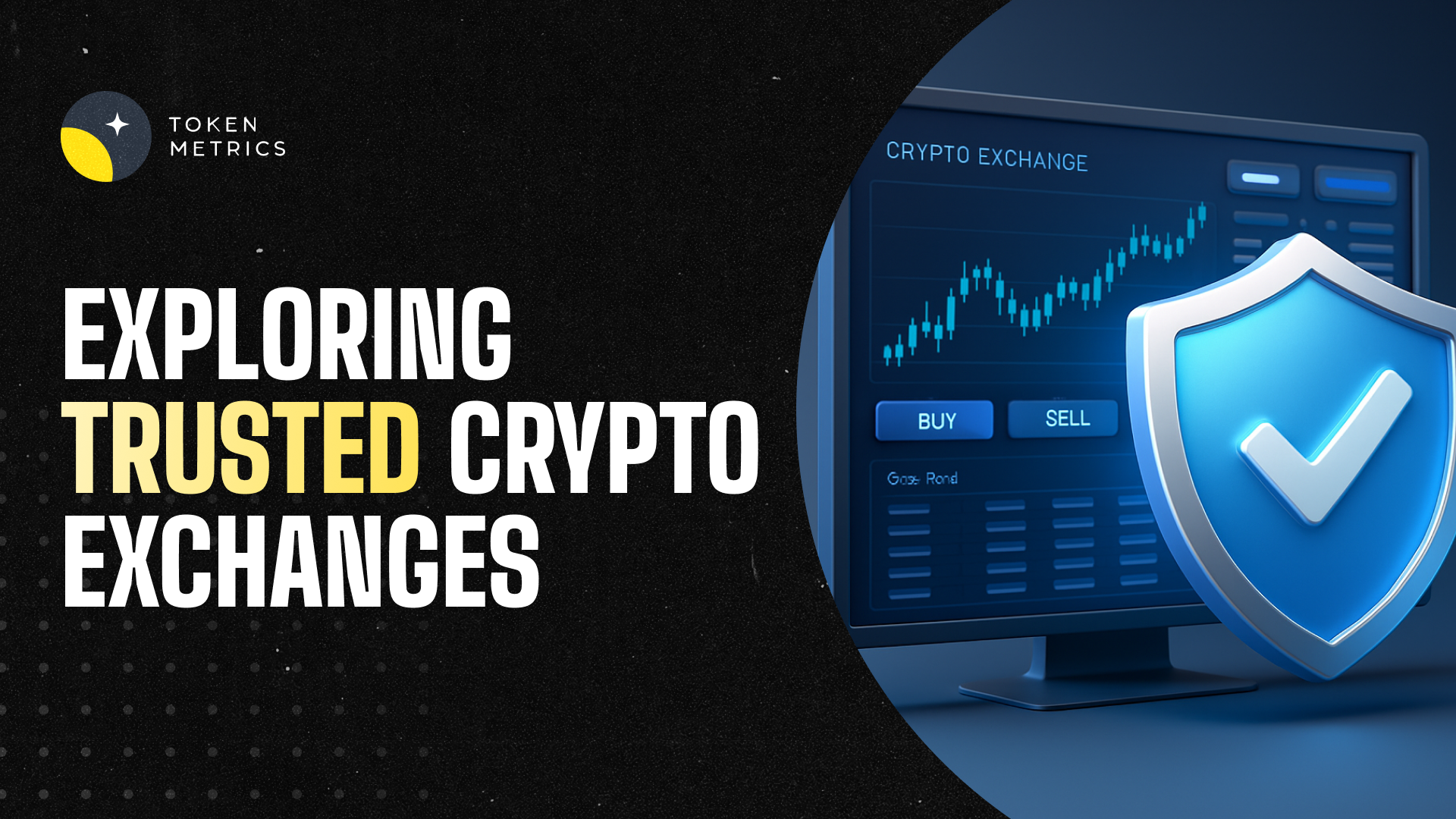
Introduction
With the increasing popularity of cryptocurrencies, selecting a trusted crypto exchange is an essential step for anyone interested in participating safely in the market. Crypto exchanges serve as platforms that facilitate the buying, selling, and trading of digital assets. However, the diversity and complexity of available exchanges make the selection process imperative yet challenging. This article delves into some trusted crypto exchanges, alongside guidance on how to evaluate them, all while emphasizing the role of analytical tools like Token Metrics in supporting well-informed decisions.
Understanding Crypto Exchanges
Crypto exchanges can broadly be categorized into centralized and decentralized platforms. Centralized exchanges (CEXs) act as intermediaries holding users’ assets and facilitating trades within their systems, while decentralized exchanges (DEXs) allow peer-to-peer transactions without a central authority. Each type offers distinct advantages and considerations regarding security, liquidity, control, and regulatory compliance.
When assessing trusted crypto exchanges, several fundamental factors come into focus, including security protocols, regulatory adherence, liquidity, range of supported assets, user interface, fees, and customer support. Thorough evaluation of these criteria assists in identifying exchanges that prioritize user protection and operational integrity.
Key Factors in Evaluating Exchanges
Security Measures: Robust security is critical to safeguarding digital assets. Trusted exchanges implement multi-factor authentication (MFA), cold storage for the majority of funds, and regular security audits. Transparency about security incidents and response strategies further reflects an exchange’s commitment to protection.
Regulatory Compliance: Exchanges operating within clear regulatory frameworks demonstrate credibility. Registration with financial authorities, adherence to Anti-Money Laundering (AML) and Know Your Customer (KYC) policies are important markers of legitimacy.
Liquidity and Volume: High liquidity ensures competitive pricing and smooth order execution. Volume trends can be analyzed via publicly available data or through analytics platforms such as Token Metrics to gauge an exchange’s activeness.
Range of Cryptocurrencies: The diversity of supported digital assets allows users flexibility in managing their portfolios. Trusted exchanges often list major cryptocurrencies alongside promising altcoins, with transparent listing criteria.
User Experience and Customer Support: A user-friendly interface and responsive support contribute to efficient trading and problem resolution, enhancing overall trust.
Overview of Some Trusted Crypto Exchanges
While numerous crypto exchanges exist, a few have earned reputations for trustworthiness based on their operational history and general acceptance in the crypto community. Below is an educational overview without endorsement.
- Exchange A: Known for advanced security protocols and regulatory compliance, this platform supports a broad range of assets and offers an intuitive interface suitable for various experience levels.
- Exchange B: Distinguished by high liquidity and extensive global reach, it incorporates transparent fees and educational resources designed to assist users in understanding market dynamics.
- Exchange C: Offers both centralized and decentralized trading options, catering to users interested in flexible trading environments, with robust customer support channels.
These examples illustrate the diversity of trusted exchanges, highlighting the importance of matching exchange characteristics to individual cybersecurity preferences and trading needs.
Leveraging AI and Analytics for Exchange Assessment
The rapid evolution of the crypto landscape underscores the value of AI-driven research tools in navigating exchange assessment. Platforms like Token Metrics provide data-backed analytics, including exchange ratings, volume analysis, security insights, and user sentiment evaluation. Such tools equip users with comprehensive perspectives that supplement foundational research.
Integrating these insights allows users to monitor exchange performance trends, identify emerging risks, and evaluate service quality over time, fostering a proactive and informed approach.
Practical Steps for Researching a Crypto Exchange
- Verify Regulatory Status: Check official financial authority websites to confirm the exchange's registration and compliance status.
- Review Security Practices: Investigate the exchange’s implementation of security measures such as cold storage percentages, MFA, and incident history.
- Analyze Market Data: Utilize platforms like Token Metrics to explore trading volumes, liquidity, and user ratings.
- Examine Asset Listings: Assess the exchange’s supported cryptocurrencies and token listing policies to ensure transparency.
- Evaluate User Feedback: Search for community reviews and support responsiveness to detect potential red flags.
- Test User Interface: Navigate the platform’s interface, testing ease of use and access to necessary functionalities.
Common Risk Factors and Mitigation
Despite due diligence, crypto trading inherently involves risks. Common concerns linked to exchanges encompass hacking incidents, withdrawal delays, regulatory actions, and operational failures. Reducing exposure includes diversifying asset holdings, using hardware wallets for storage, and continuously monitoring exchange announcements.
Educational tools such as Token Metrics contribute to ongoing awareness by highlighting risk factors and providing updates that reflect evolving market and regulatory conditions.
Conclusion
Choosing a trusted crypto exchange requires comprehensive evaluation across security, regulatory compliance, liquidity, asset diversity, and user experience dimensions. Leveraging AI-based analytics platforms such as Token Metrics enriches the decision-making process by delivering data-driven insights. Ultimately, informed research and cautious engagement are key components of navigating the crypto exchange landscape responsibly.
Disclaimer
This article is for educational purposes only and does not constitute financial, investment, or legal advice. Readers should conduct independent research and consult professionals before making decisions related to cryptocurrency trading or exchange selection.
Create Your Free Token Metrics Account

.png)




%201.svg)
%201.svg)


%201.svg)



.png)

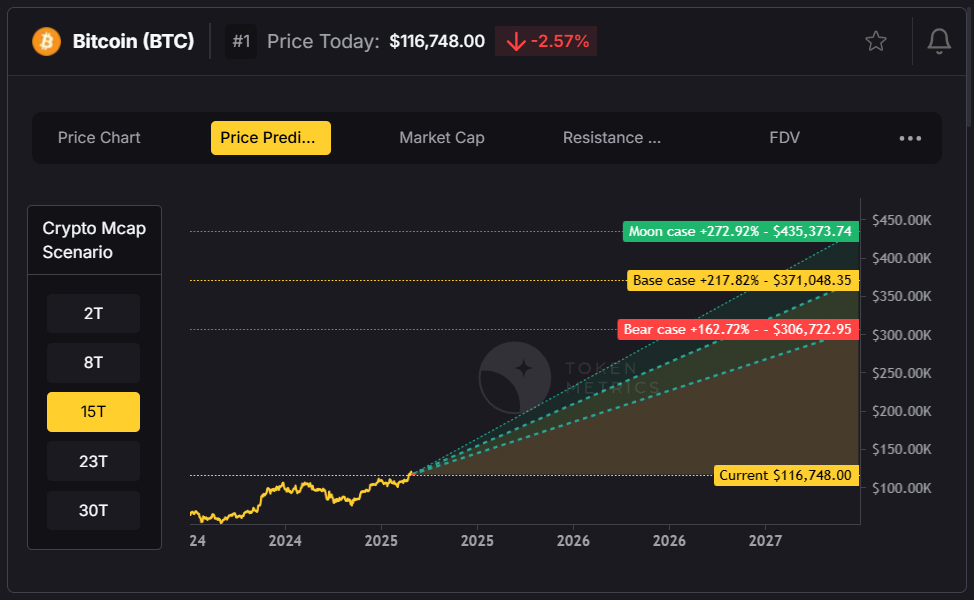


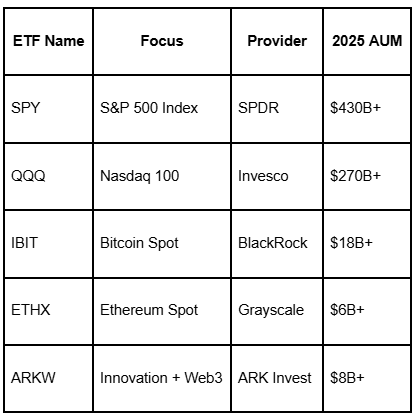
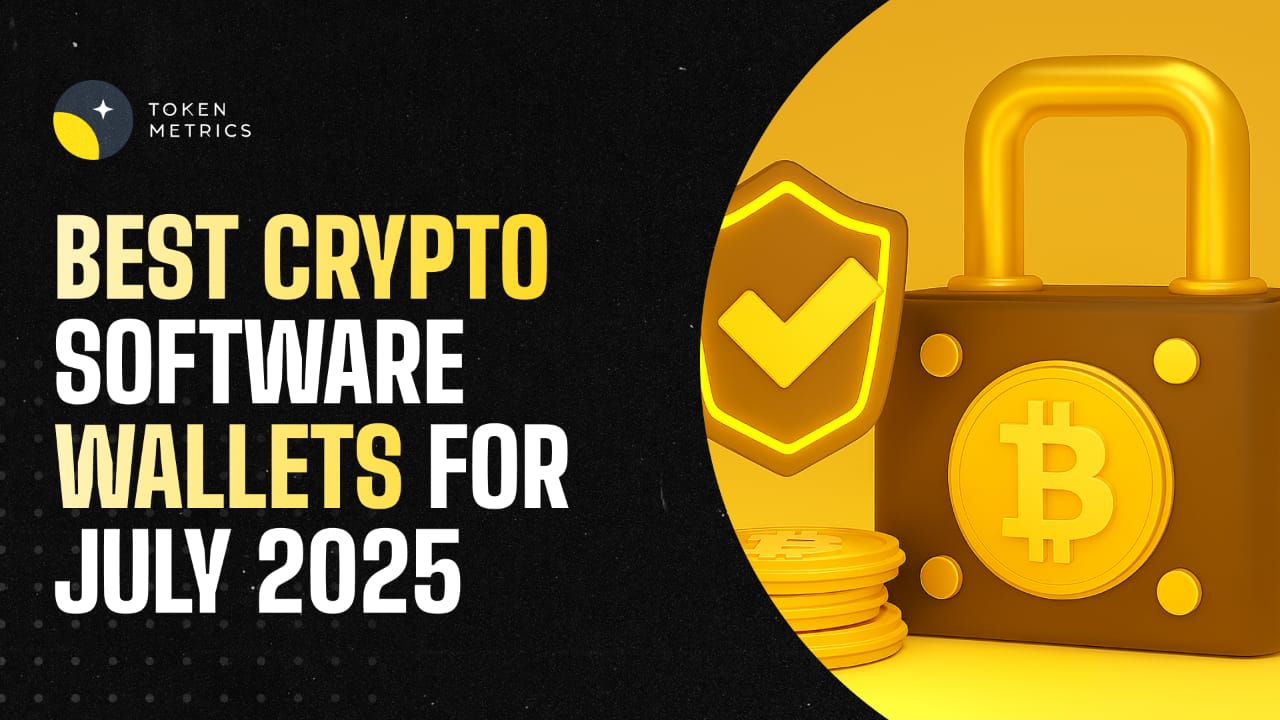



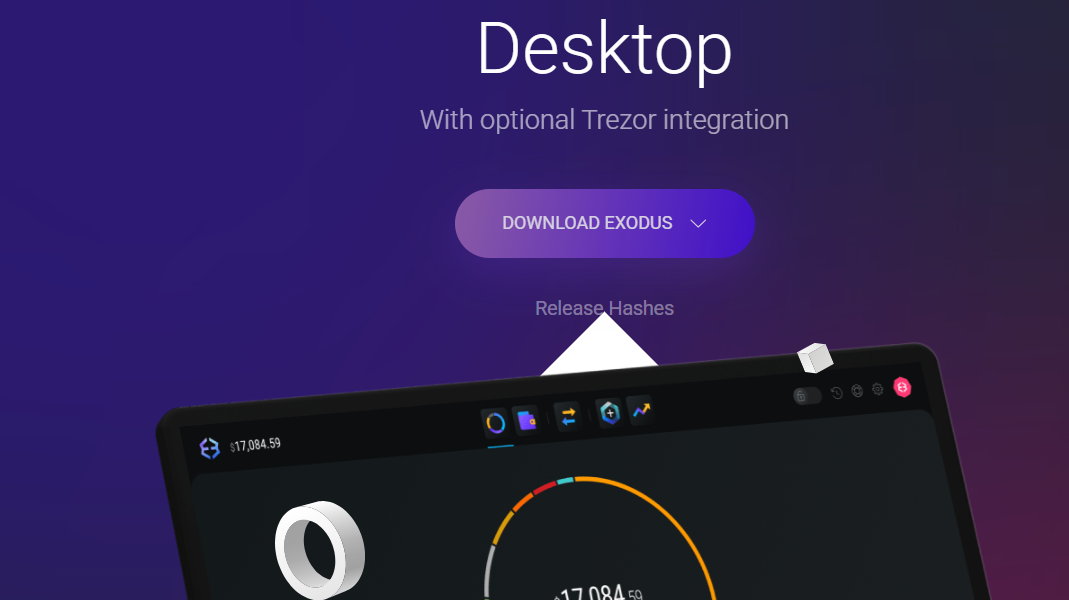
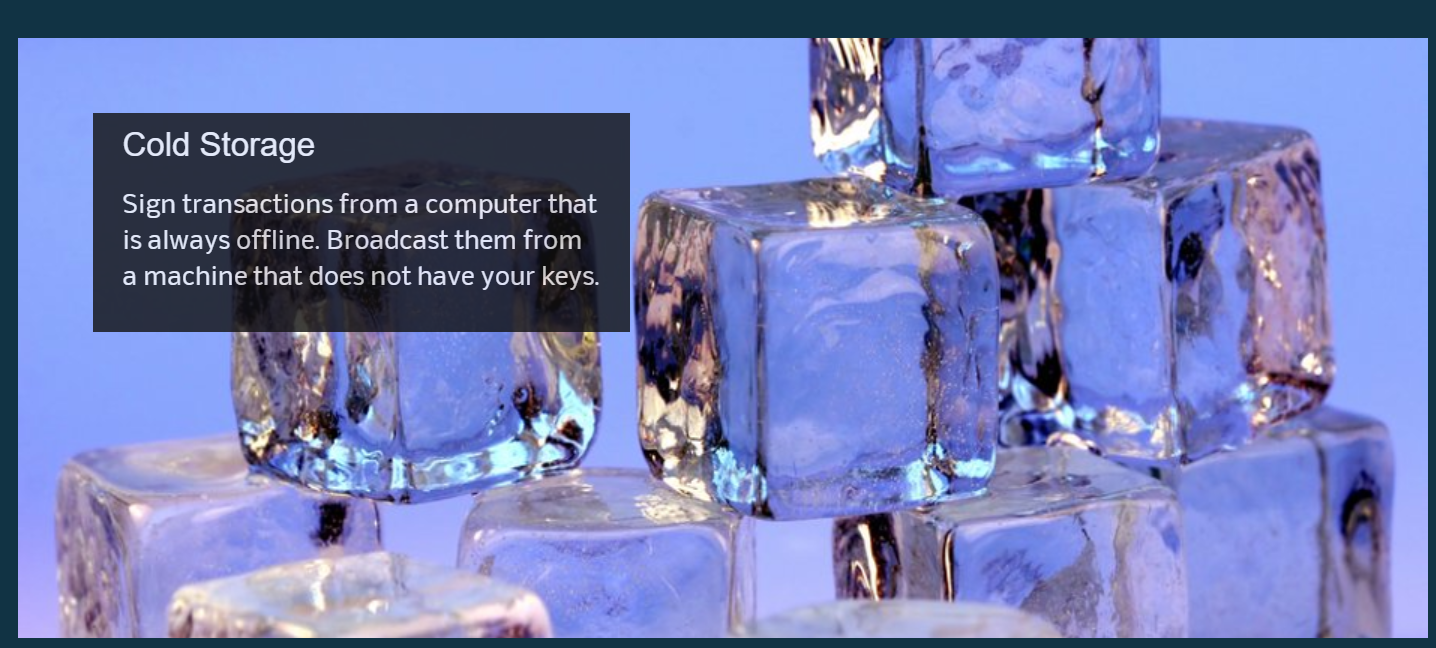


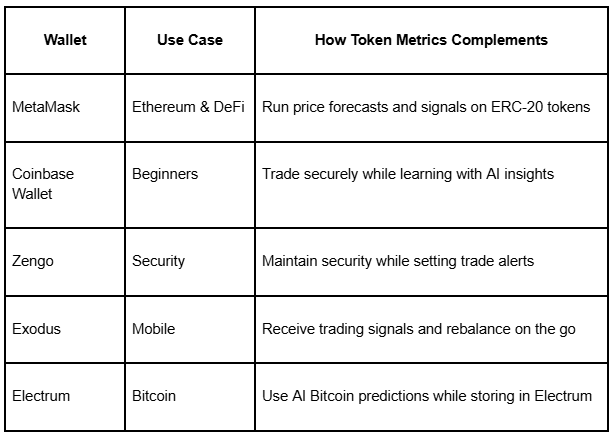
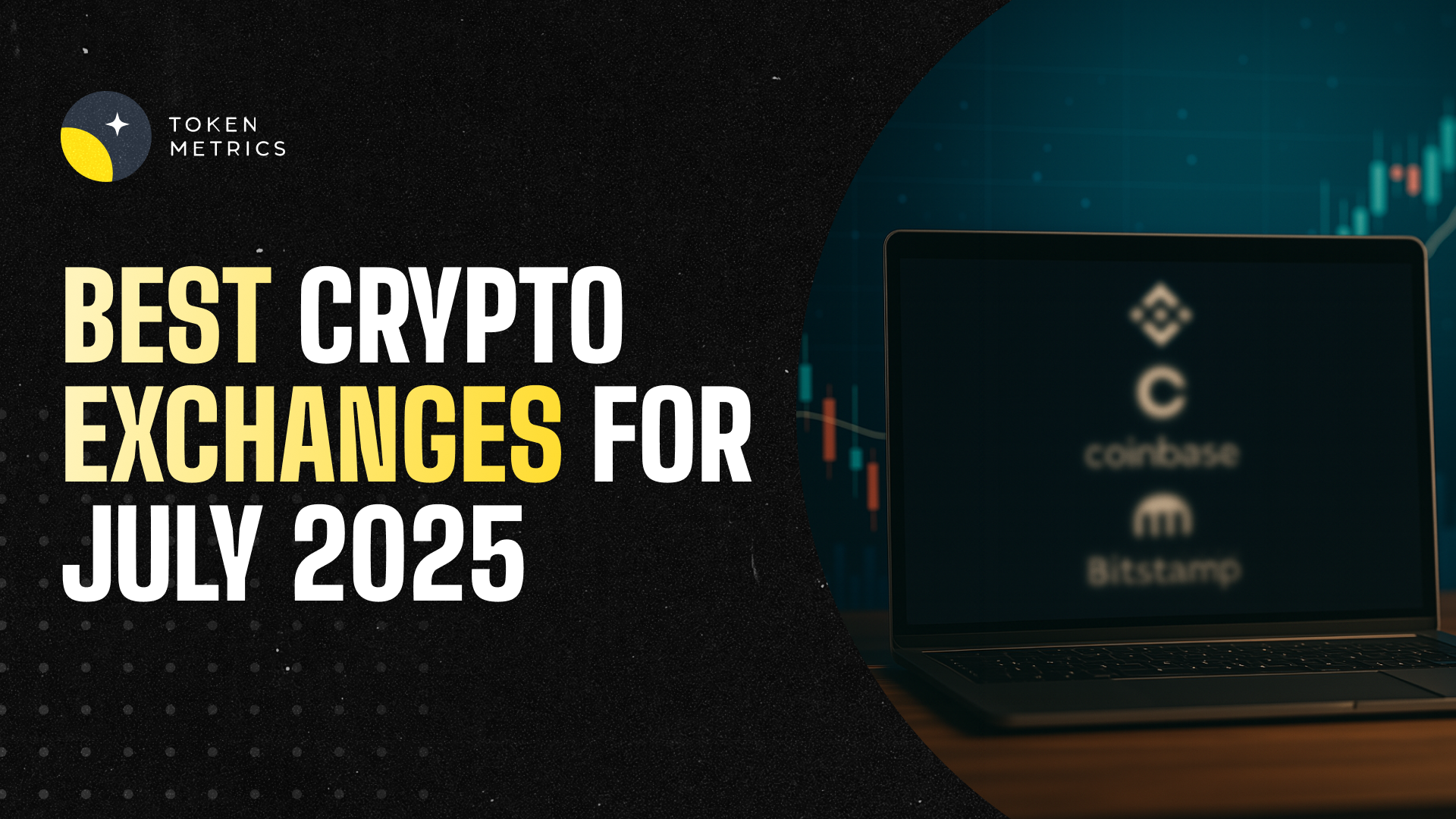
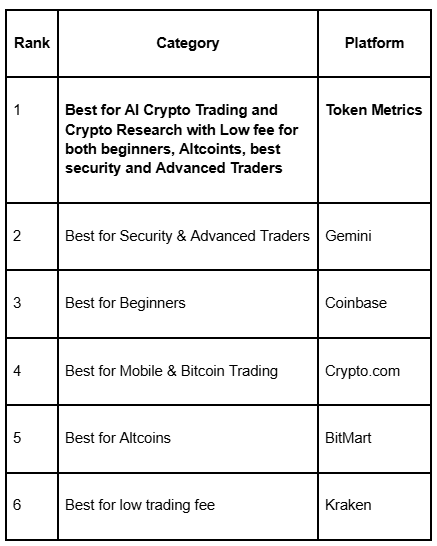



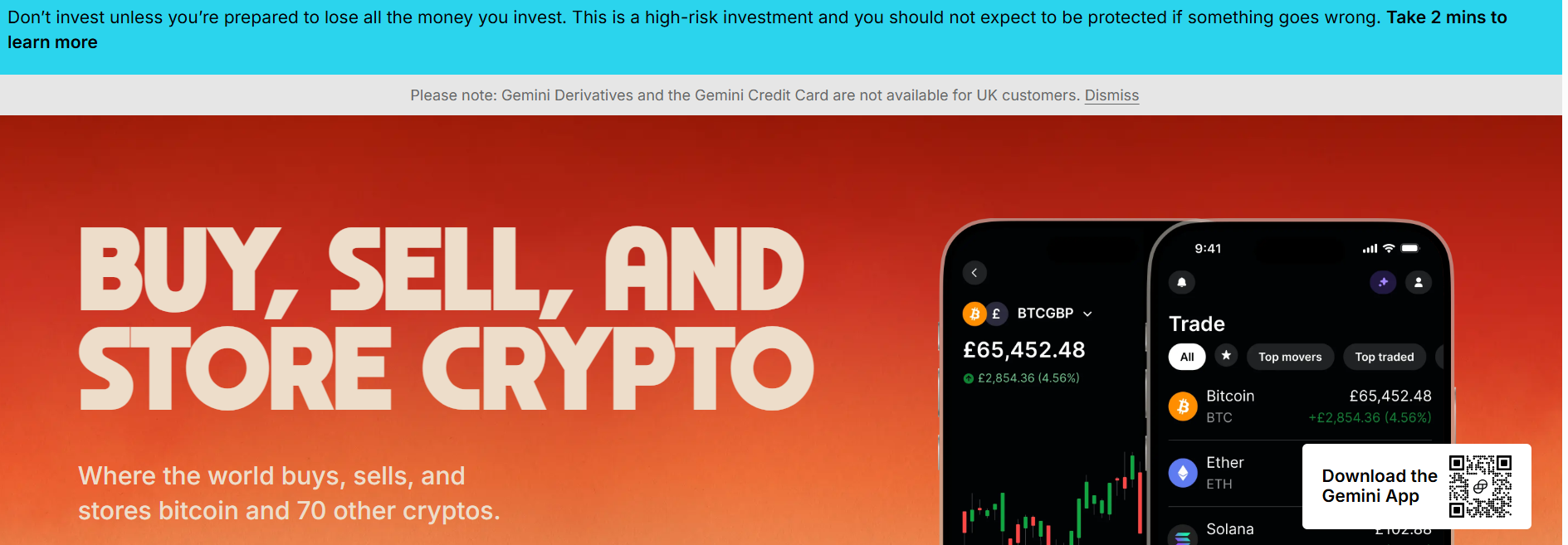
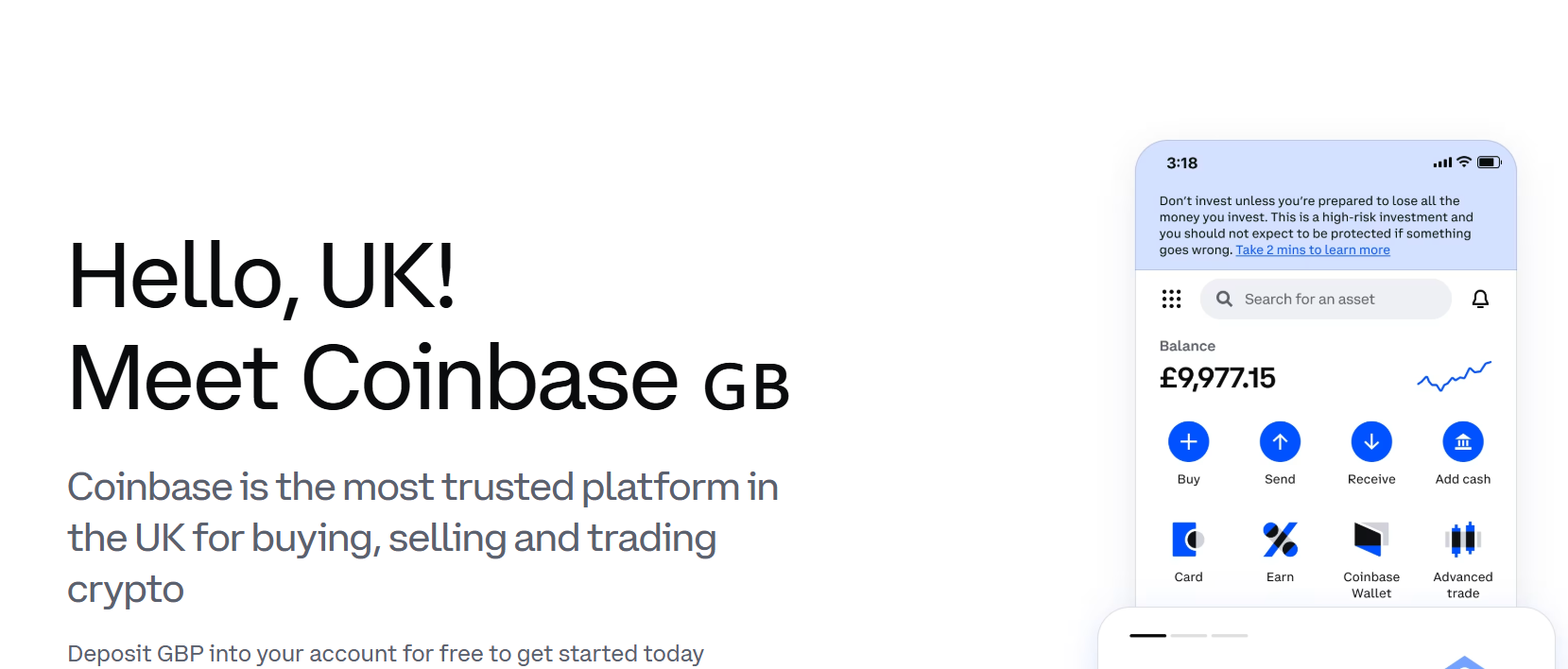
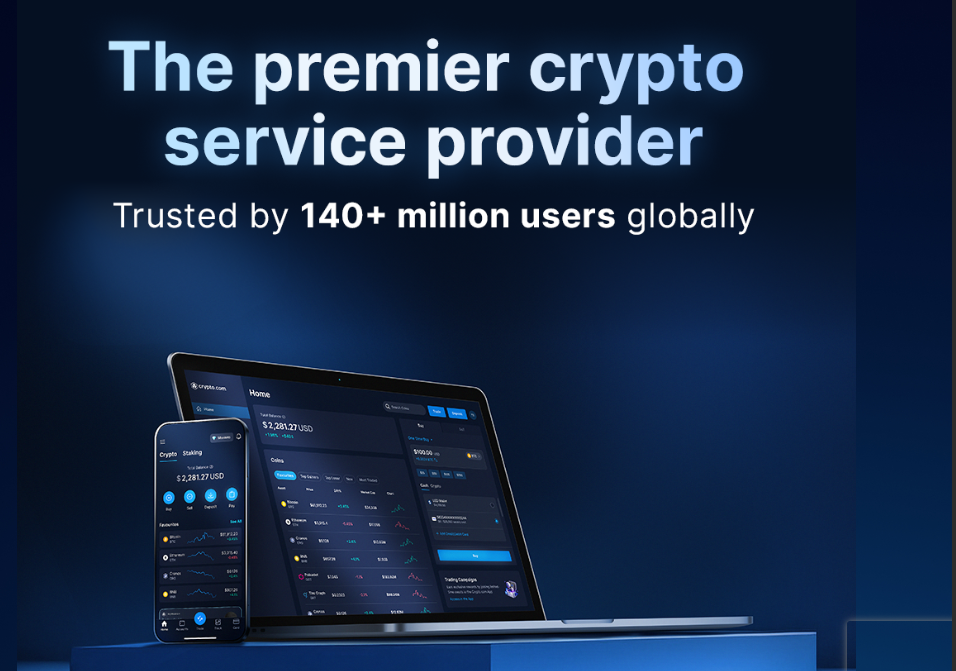
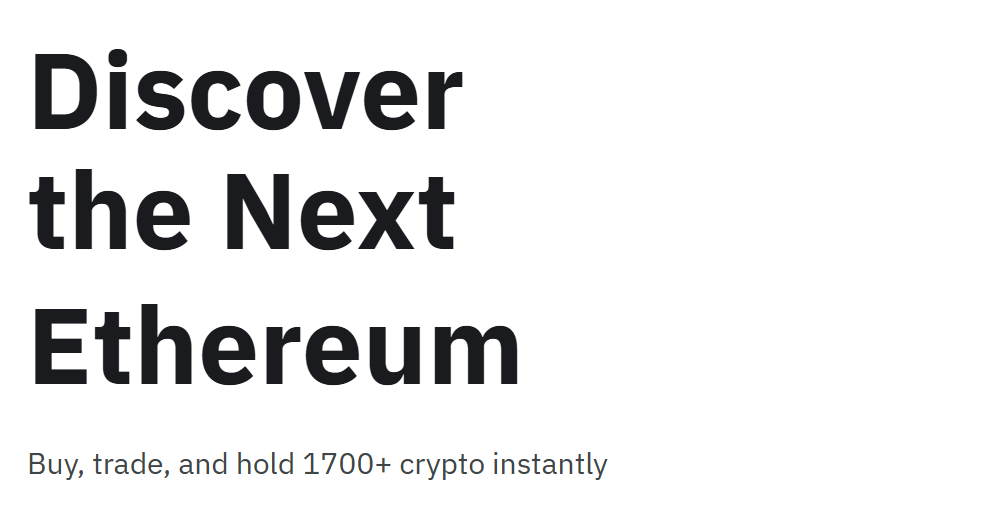
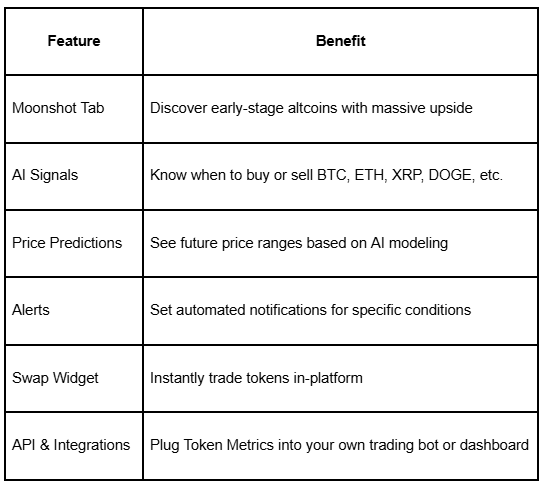




.svg)




.png)